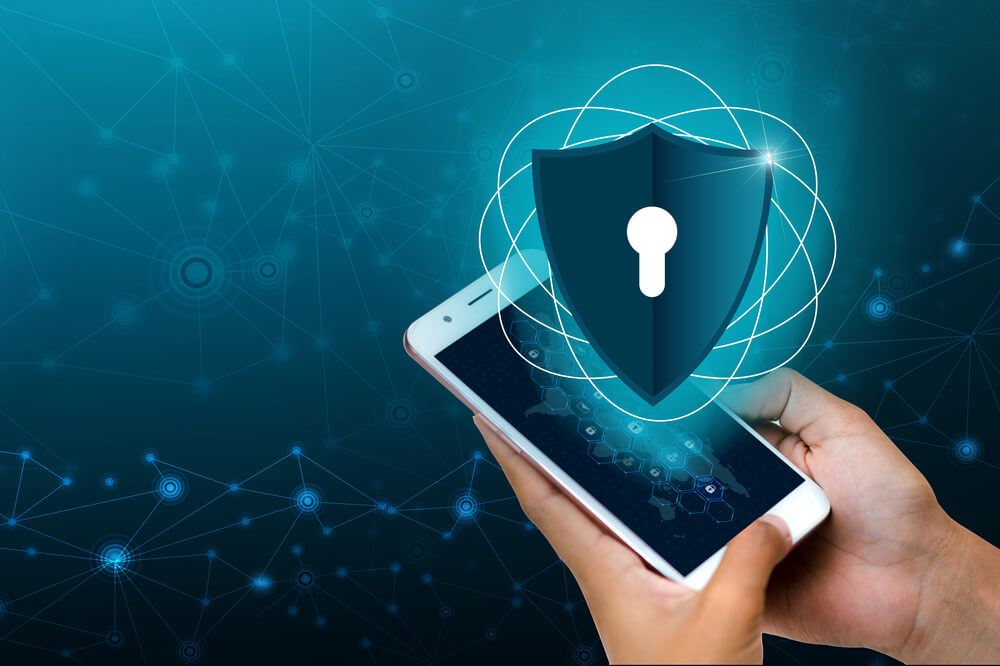EXECUTIVE SUMMARY:
Is iPhone more secure than Android? Previously, the quiet consensus was that, yes, Apple provided a top-tier, unbeatable cyber security ecosystem for mobile devices. A single provider controlled and backed the iOS operating system security. That did not hold true for Android. As a result, iPhone security came across as streamlined and simple. Therefore, iPhone security showed superiority, right?
Not so fast. While Apple’s devices are more challenging to attack, they’re also more challenging to protect. Users depend on Apple to update security in apps and outside of them in a timely manner. With Android, users can implement their own security systems and maintain them in real-time. However, from a security risk standpoint, the risks between the two competing platforms may be equivalent.
Mobile devices and remote work
Many employees are working from home and relying on mobile devices for work purposes. “…with half of the companies in the world, there’s evidence that [at least one] employee has a malicious application and therefore may be susceptible to attack from the outside,” says Check Point CEO Gil Shwed.
Well-run organizations do not permit multiple laptops owned by a single individual to connect to core resources without security. However, the mobile landscape has forced IT admins to turn traditional thinking on its head. Employees need to access core resources on mobile phones. So, business leaders sometimes permit them to engage accordingly.
Meeting organizations where they are with mobile security
“On the PC side, that awareness level is quite high,” states Shwed. “On the mobile [side], it’s still very low. What we are trying to do now with Harmony is actually address that by saying it’s all going to be together…,” making security for the whole user (laptop, desktop, iPad, mobile/s) a cinch.
CISO challenges
When asked about the average number of smartphones accessing core company resources without any security software on them, Shwed replied “95%…or even 99%”. His point is that unless CISOs try to catch up now, they’ll never be able to keep organizations ahead of cyber criminals. Mobile threats are multiplying at a stunning rate.
“We’re all wide open”, says Check Point CEO, Gil Shwed. “The attack surface has greatly expanded. We’ve seen this huge surge in mobile and malicious apps.”
So, is iPhone more secure than Android?
Not necessarily. However, previously, users thought that the closed Apple ecosystem inherently made the company’s products more secure. iPhones do not rely on open-source code. In contrast, Android devices do rely on open-source code, perhaps making nefarious access easier. That said, social engineering attacks can target individuals with either phone type. Anyone can fall for a social engineering attack. Similarly, the Apple app store and the Google Play store have both unwittingly carried malicious apps at one point or another.
To ensure the security of either mobile phone type, upgrade your devices to the latest version. Although installations can cut into your personal time, updates guard against serious security threats. As a result, if you ignore them, your device and your data experience undue risk.
For more on mobile device security, and whether or not an iPhone is more secure than Android, visit Forbes.
